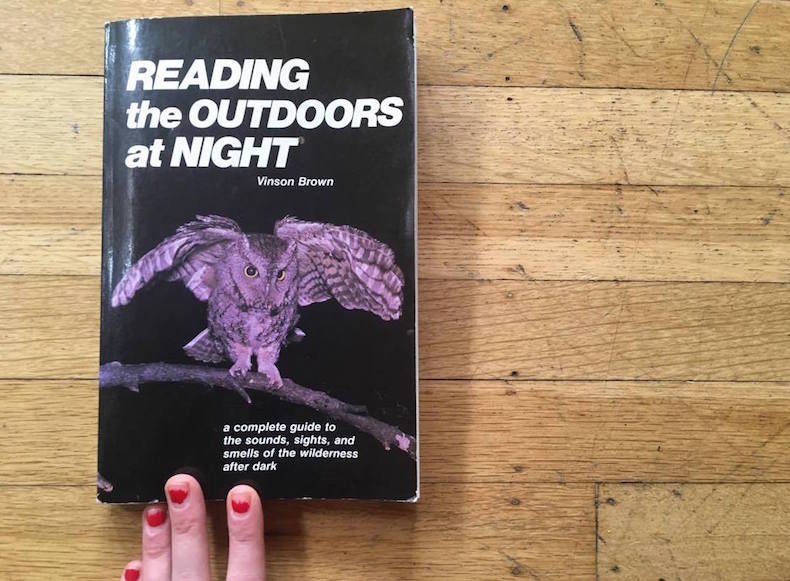 Being single as a 35-year-old woman in the tech age is an interesting science experiment. There’s a lot that’s cool about it, like your time is all your own, you actually feel pretty good in your skin and you have some solid sense of what you want. You also get to tinker with tools of modern romance that your peers missed out on entirely, like Tinder.
Being single as a 35-year-old woman in the tech age is an interesting science experiment. There’s a lot that’s cool about it, like your time is all your own, you actually feel pretty good in your skin and you have some solid sense of what you want. You also get to tinker with tools of modern romance that your peers missed out on entirely, like Tinder.
If you don’t know what Tinder is, because you live under a rock (forgivable in these times, as it’s surely safer there), it’s a phone dating app that basically works like this: You set your age and gender preferences, set the mileage of your search radius, and then parse through hundreds of short profiles that the app pulls up for you, each with five or six pictures and a terse little bio, swiping left to reject and right to match.
My married friends and friends with children, who are legion in my social circles at this point, always seem to want to TRY my Tinder app. To them it’s both exotic and vaguely nostalgic, like a game on a Game Boy, if Nintendo had made a game where you were a rat trained to press a paddle over and over again expecting some reward, but then simply began pressing the paddle because there was ALWAYS MORE PRESSING TO DO.
Well, now I’ve discovered something that will truly illuminate the experience for the happily-attached-yet-curious. The other day I was buying, of all things, a baggie full of vintage wooden buttons, when I came across a battered 1972 paperback called READING the OUTDOORS at NIGHT: A complete guide to the sounds, sights, and smells of the wilderness after dark.
The book opens with what could be construed as an excellent explanation of what it’s like to when you first become single: “Many people find themselves in the dark, in the outdoors at night, for some reason or another. Some have gone for a walk and found the dark coming quicker than they imagined. Others may have a car break down and so be on a dark road for a while. Some, such as woodsmen and messengers, have to go through dark areas as a part of their work. … Some people go on hikes and get lost in the dark; they usually become thoroughly frightened.” Continue reading →
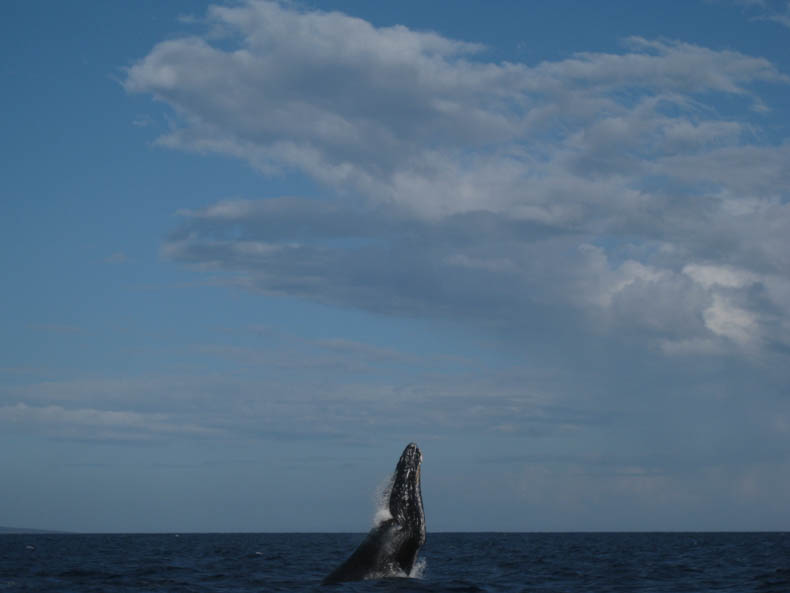
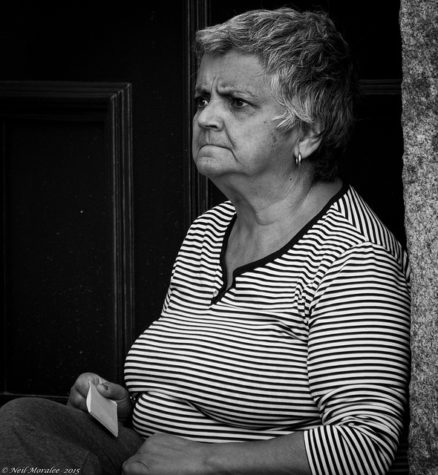
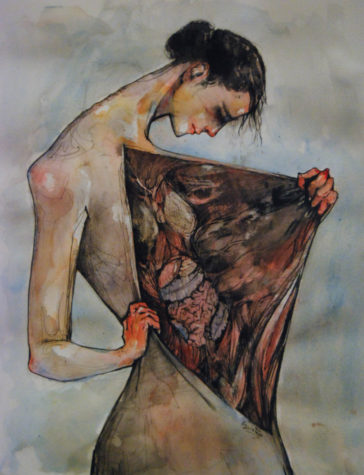
 December 26 – 30, 2016
December 26 – 30, 2016
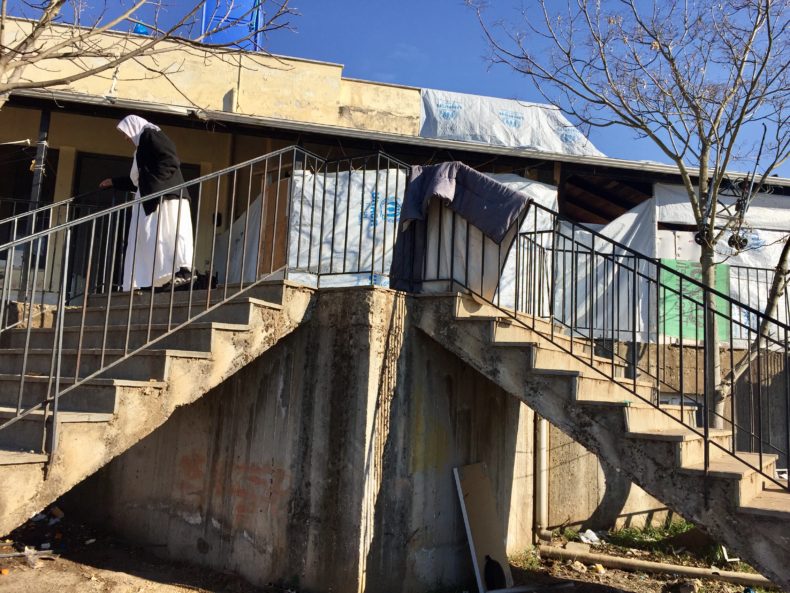
 Being single as a 35-year-old woman in the tech age is an interesting science experiment. There’s a lot that’s cool about it, like your time is all your own, you actually feel pretty good in your skin and you have some solid sense of what you want. You also get to tinker with tools of modern romance that your peers missed out on entirely, like Tinder.
Being single as a 35-year-old woman in the tech age is an interesting science experiment. There’s a lot that’s cool about it, like your time is all your own, you actually feel pretty good in your skin and you have some solid sense of what you want. You also get to tinker with tools of modern romance that your peers missed out on entirely, like Tinder.